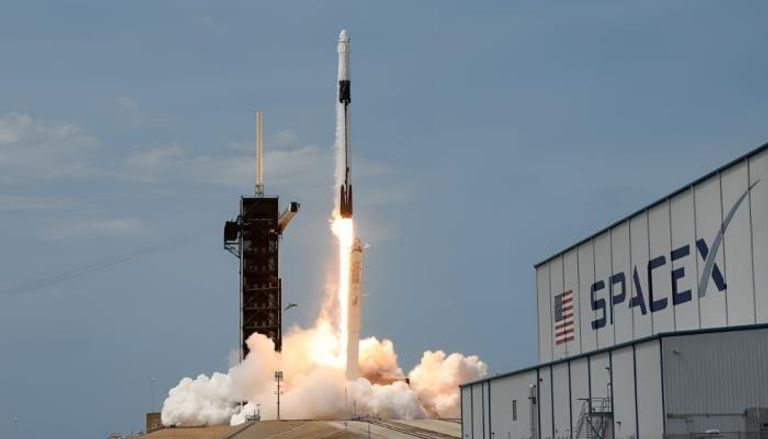SpaceX, owned by Elon Musk, was scheduled to launch the tenth flight of its Starship rocket, the largest and most powerful rocket system ever built, from the Starbase facility in Texas at 7:30 PM Eastern Time on Sunday. However, just minutes before liftoff, the company abruptly canceled the attempt due to an issue with the ground launch systems, requiring more time to fix the problem. This cancellation disappointed many followers, especially after Musk had tweeted hours earlier that ‘Starship 10 launches tonight.’ So far, SpaceX has not announced a new date for the attempt. Experts have expressed concerns since the beginning, as this latest setback adds to a series of failures that have plagued the Starship program this year, including loss of control over the Indian Ocean in May and explosions over inhabited areas in Florida. A sudden engine test explosion in June also damaged company infrastructure.
These setbacks have drawn government attention, with Mexico threatening legal action over debris reaching its shores and the UK expressing concerns about its overseas territories near test paths. SpaceX claims to have learned from past tests and made important technical adjustments, especially to the fuel distributor believed to have caused the previous flight’s loss of control. The FAA has closed its latest investigation and approved launches after verifying risk reductions. Despite Musk’s optimism, many experts warn that Starship’s success is far from guaranteed, especially amid intensifying space race competition with China. Former astronaut Garrett Reisman noted the project could either fail entirely or revolutionize future space and geopolitical activities. NASA considers Starship’s success essential for its upcoming manned lunar mission in 2027, as its efficiency could enable larger payloads at lower costs, potentially ushering in a new era of commercial and manned spaceflight.
The rocket features exceptional capabilities with two connected stages: the nearly 70-meter tall Super Heavy booster and the 52-meter Starship upper stage, intended to carry massive payloads and possibly human deep-space missions. The canceled test was to carry eight small experimental satellites to test deployment and engine restart capabilities in orbit, goals not achieved in previous flights.













Recommended for you
Exhibition City Completes About 80% of Preparations for the Damascus International Fair Launch
Talib Al-Rifai Chronicles Kuwaiti Art Heritage in "Doukhi.. Tasaseem Al-Saba"
Egypt Post: We Have Over 10 Million Customers in Savings Accounts and Offer Daily, Monthly, and Annual Returns
Unified Admission Applications Start Tuesday with 640 Students to be Accepted in Medicine
His Highness Sheikh Isa bin Salman bin Hamad Al Khalifa Receives the United States Ambassador to the Kingdom of Bahrain
Al-Jaghbeer: The Industrial Sector Leads Economic Growth